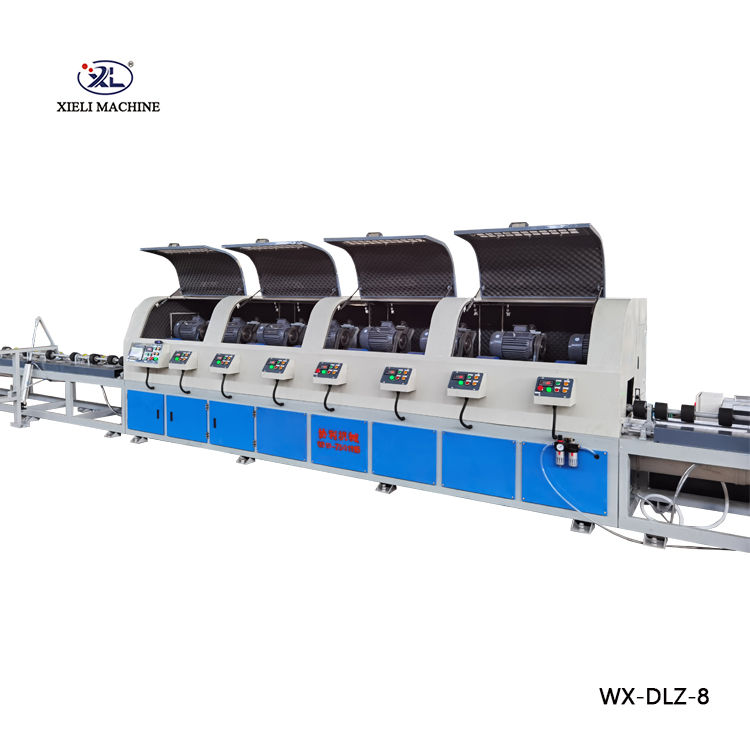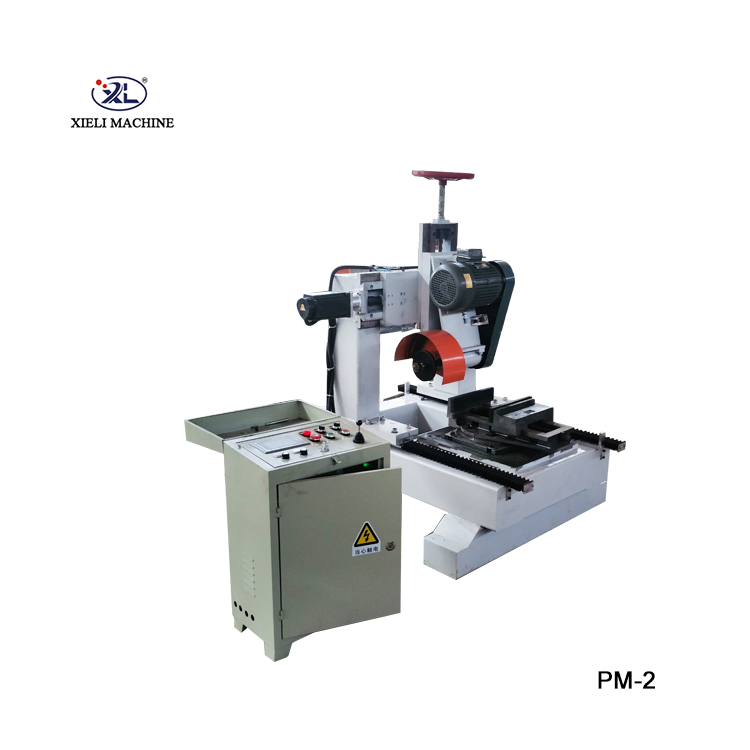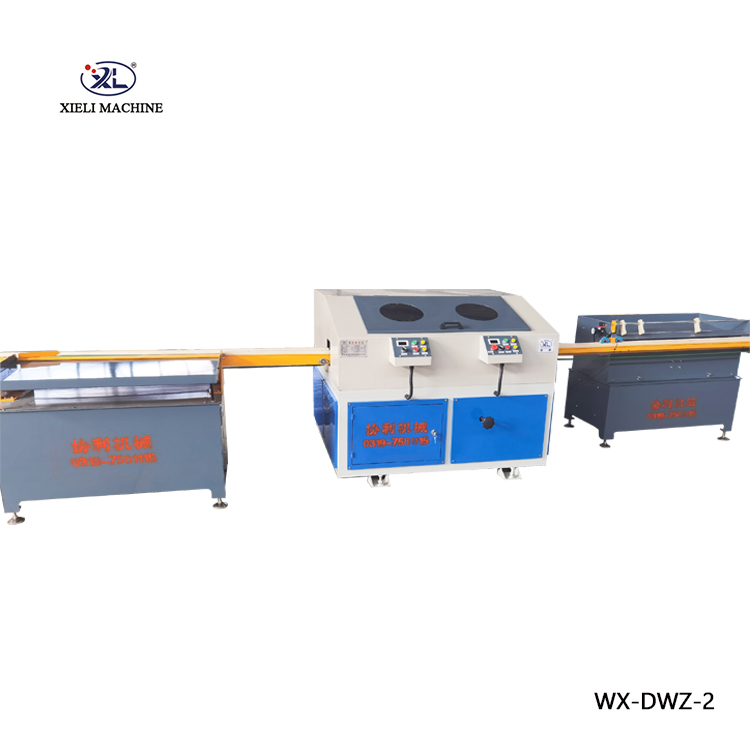Inner Wall Polishing Machines Revolutionizing Surface Finishing
In the ever-evolving landscape of manufacturing, precision and quality are paramount. Industries such as automotive, aerospace, and medical device manufacturing require components that not only perform their functions flawlessly but also exhibit a high level of surface finish. One of the solutions that have emerged to meet these demands is the inner wall polishing machine. These specialized machines are designed to enhance the internal surfaces of various cylindrical components, ensuring they meet stringent specifications and performance standards.
The Importance of Inner Wall Polishing
The inner walls of components such as pipes, tubes, and cylinders often have rough surfaces due to manufacturing processes like machining or casting. These imperfections can lead to various problems, including increased friction, corrosion, and a reduction in the efficiency of fluid flow. For industries like pharmaceuticals or food processing, where cleanliness is critical, rough surfaces can harbor bacteria and contaminants. This is where inner wall polishing machines come into play.
By refining the surface finish, these machines not only improve the aesthetic appeal but also enhance the functional performance of components. Better surface finishes can lead to reduced wear and tear, improved flow characteristics, and increased lifespan of the products. Furthermore, in applications involving hydraulic or pneumatic systems, a smooth inner surface can significantly enhance the performance of seals and fittings, reducing the risk of leaks and failures.
How Inner Wall Polishing Machines Work
Inner wall polishing machines utilize various methods to achieve the desired surface finish. Common techniques include abrasive polishing, which involves the use of polishing compounds and tools to mechanically smooth the surface, and electrochemical polishing, where the workpiece is submerged in an electrolyte solution, allowing for the removal of microscopic layers of material.
inner wall polishing machine

These machines can be automated or semi-automated, enabling manufacturers to optimize production efficiency. The advanced models feature programmable settings, allowing users to customize the polishing process according to the specific requirements of different materials and components. This adaptability is essential in today’s manufacturing environment, where flexibility often dictates success.
Applications Across Industries
Inner wall polishing machines find applications in various sectors. In the aerospace industry, for example, they are used to polish fuel lines and hydraulic tubes, which are critical for ensuring the safety and efficiency of aircraft. In the automotive sector, they enhance fuel injectors and other engine components, improving performance and emissions efficiency.
In the medical field, inner wall polishing is vital for surgical instruments and medical tubing. Smooth surfaces reduce the risk of bacterial growth and enhance the ease of cleaning, which is crucial in maintaining stringent health standards. Similarly, in food processing, polished surfaces help prevent contamination and ensure that products meet safety regulations.
Conclusion
As industries continue to prioritize precision and efficiency, the role of inner wall polishing machines becomes increasingly significant. By providing superior surface finishes, these machines not only improve the performance and longevity of components but also contribute to the overall quality and safety of products across various sectors. As technology advances, we can expect to see even more sophisticated polishing machines that can deliver unparalleled results, solidifying their place as essential tools in the modern manufacturing landscape. In essence, the future of manufacturing is not just about how components function, but how well they are finished, with inner wall polishing machines leading the charge.





